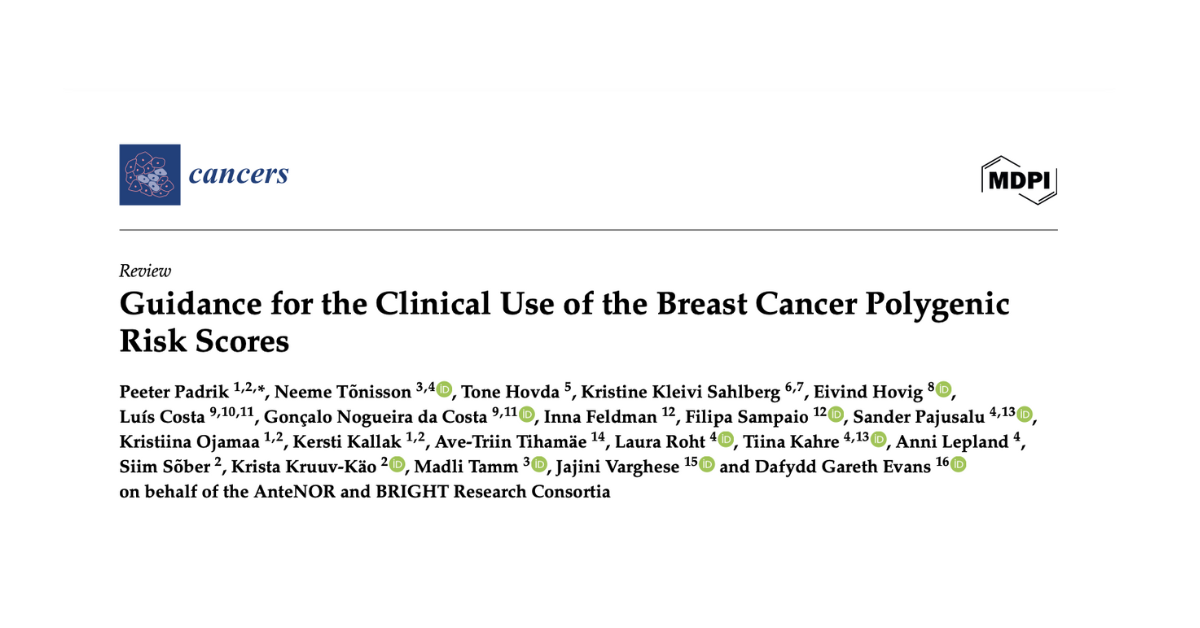Prostate cancer is the most common cancer in men in the United Kingdom and a major cause of cancer-related deaths. Early detection of aggressive, clinically significant cancer can save lives. However, PSA testing alone is not enough – many serious cases may be missed, because PSA levels may remain in the “normal” range.
Personal cancer prevention with genetic risk assessment can give early warning to men at risk even if there is no cancer in the family. It guides you towards tailored screening and prevention based on personal risk level.












